INTERGLOBAL TRADING
BRASIL
About us
Welcome to Interglobal Trading
Your Trusted Partner in Cocoa Bean and Peanut Sourcing, Trading, and Logistics
At Interglobal Trading, we specialize in providing our clients with the finest peanuts and cocoa beans from Brasil and other parts of Latin America.
Interglobal Trading, based in the Sao Paolo Brasil, was founded with a mission to become the go-to partner for sourcing, trading, and logistics of peanuts cocoa beans.
With our experienced team and established relationships with suppliers and clients, we strive to provide the highest level of service to meet your peanut and cocoa bean needs.
Our turnkey solutions make it easy for you to source, trade, and transport high-quality cocoa beans, ensuring a seamless experience from start to finish.
Services
Cocoa Bean Sourcing and Trading
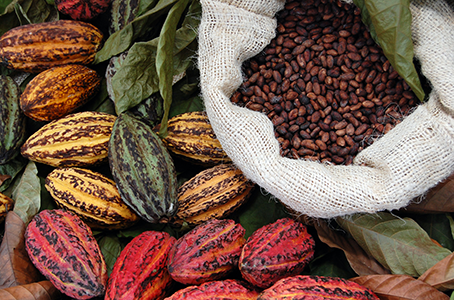
We source and trade the highest quality cocoa beans from Latin America, ensuring our clients receive the finest products.
Peanut Sourcing and Trading
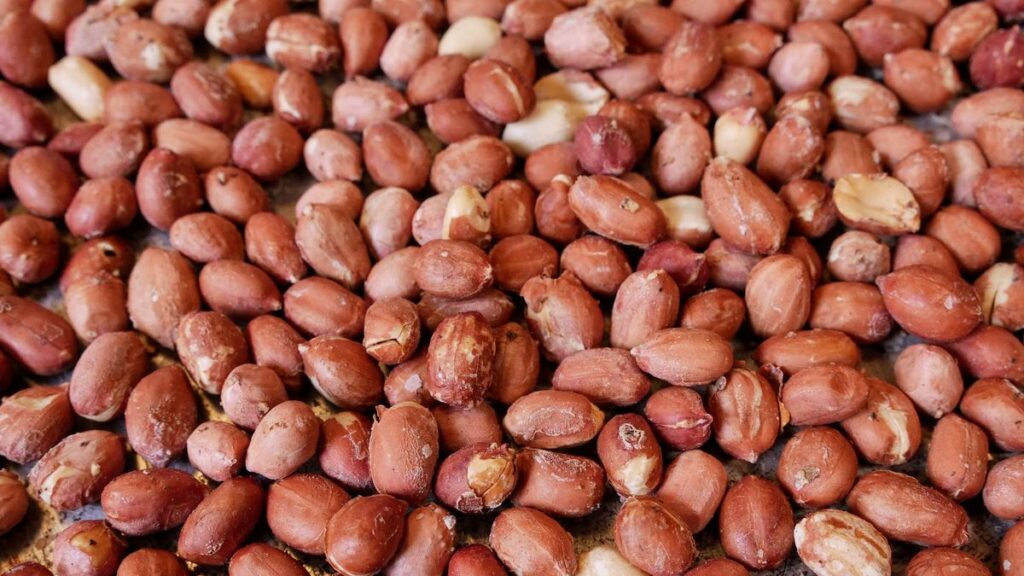
We work with the best peanut producers in Latin America to provide our clients with the best quality at the most optimal price.
Documentation
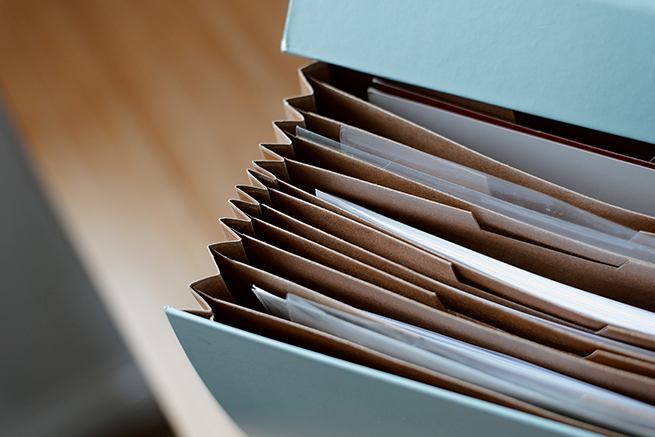
We handle all export and import documentation, guaranteeing compliance with international regulations.
Logistics
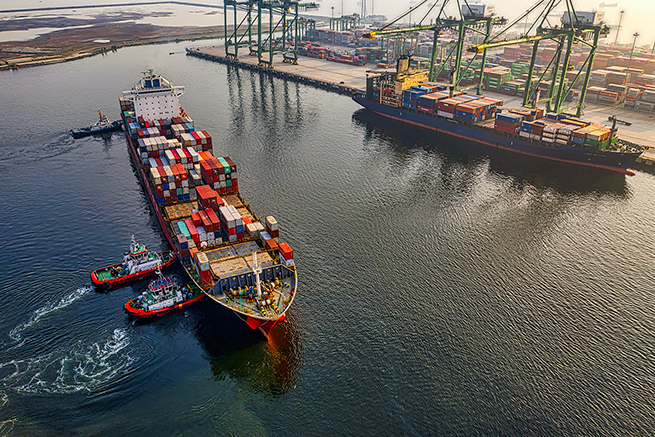
Our logistics services ensure smooth transportation and delivery of cocoa beans under CIF or DAP incoterms. We also offer break bulk carriers for larger shipments (5,000 to 10,000 tons).
Quality Assurance
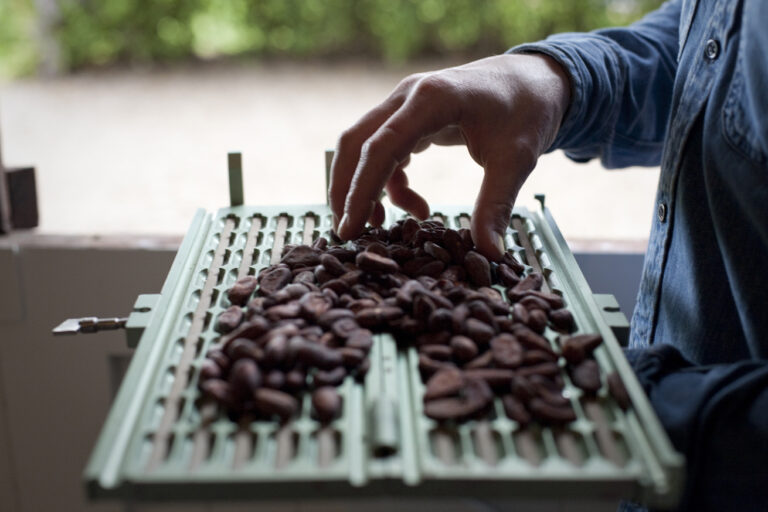
Our team meticulously inspects and confirms the quality of our cocoa beans, ensuring they meet your standards.
Only the best partners
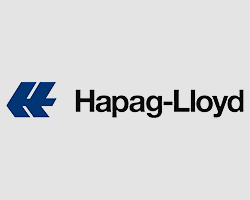

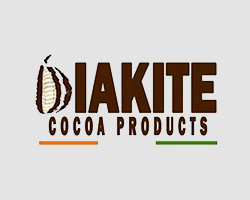
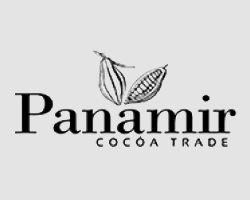
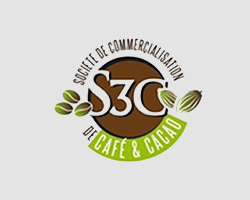

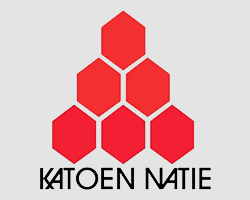
We work with all leading shipping lines, handling and storage providers, survey companies, in order to make sure our clients receive the best product.
Products
Cocoa beans
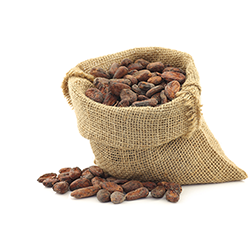
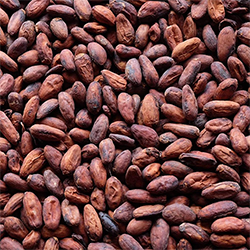
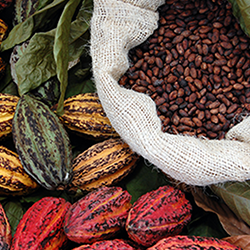
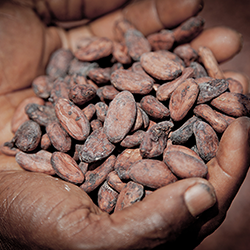
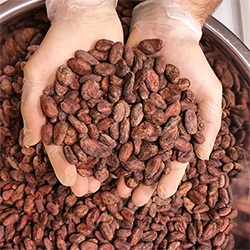
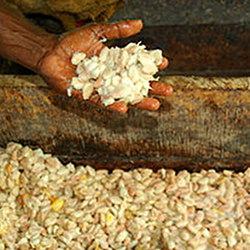
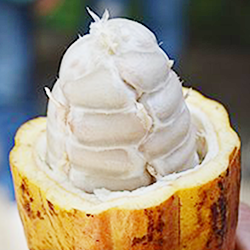
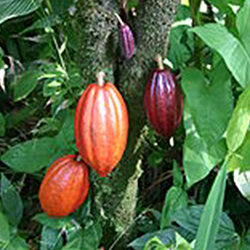
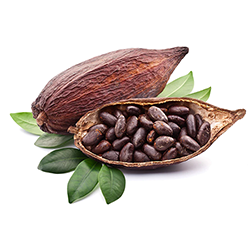
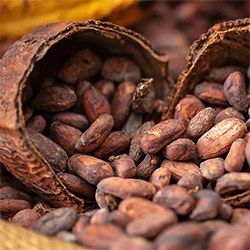
Cocoa beans is the dried and fully fermented seed of Theobroma cacao, from which cocoa solids and, because of the seed’s fat, cocoa butter can be extracted.
The word “cocoa” comes from the Spanish word cacao, which is derived from the Nahuatl word cacahuatl. The Nahuatl word, in turn, ultimately derives from the reconstructed Proto Mije-Sokean word kakawa.
Depending on the type of cacao pod, one fruit can contain between 20 to 50 beans. In one year a cocoa tree can bear 50,000 to 100,000 cacao blossoms, but only 10% to 30% of those will grow and fully develop. The trees and pods are also fragile and prone to disease, making producing cocoa extremely labor intensive during cultivation and during the initial processing.
Cocoa is native to South America and was traded north through the centuries, eventually spreading globally through the establishment of plantations during colonial times.
Currently, just two countries in West Africa, Ivory Coast and Ghana, are responsible for supplying 60% of global cocoa production.
Cocoa liquor
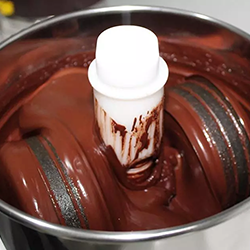
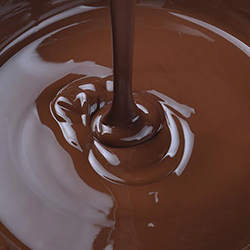
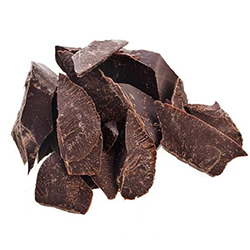
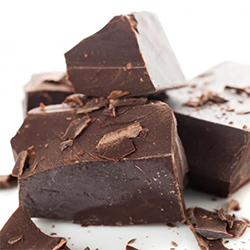
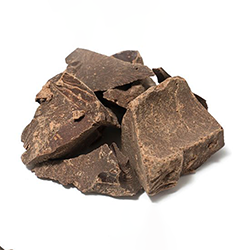
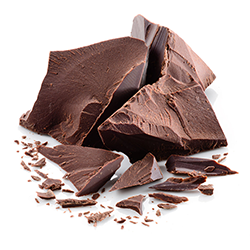
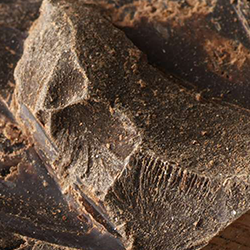
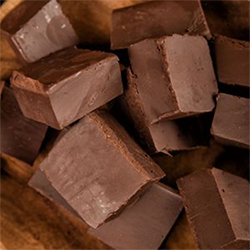
Chocolate liquor (cocoa liquor) is pure cocoa mass (cocoa paste) in solid or semi-solid form. Like the cocoa beans (nibs) from which it is produced, it contains both cocoa solids and cocoa butter in roughly equal proportion.
It is produced from cocoa beans that have been fermented, dried, roasted, and separated from their skins. The beans are ground into cocoa mass (cocoa paste). The mass is melted to become the liquor, and the liquor is either separated into cocoa solids and cocoa butter, or cooled and molded into blocks of raw chocolate. Its main use (often with additional cocoa butter) is in making chocolate.
The name liquor is used not in the sense of a distilled, alcoholic substance, but rather the older meaning of the word, meaning ‘liquid’ or ‘fluid’.
Chocolate liquor contains roughly 53 percent cocoa butter (fat), about 17 percent carbohydrates, 11 percent protein, 6 percent tannins, and 1.5 percent theobromine.
Cocoa butter
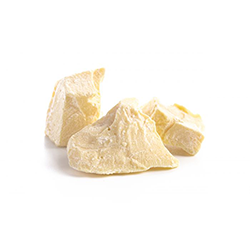
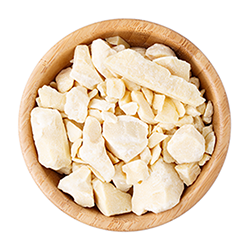
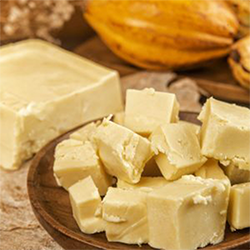
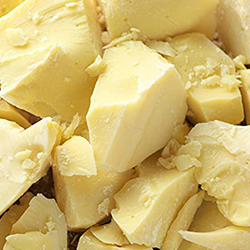
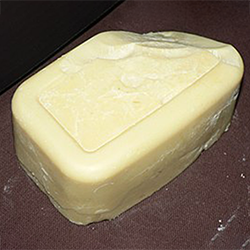
Cocoa butter, also called theobroma oil, is a pale-yellow, edible fat extracted from the cocoa bean. It is used to make chocolate, as well as some ointments, toiletries, and pharmaceuticals. Cocoa butter has a cocoa flavor and aroma. Its melting point is just below human body temperature.
Cocoa butter is obtained from whole cocoa beans. For use in chocolate manufacture, the beans are fermented before being dried. The beans are then roasted and separated from their hulls to produce cocoa nibs. About 54–58% of the cocoa nibs is cocoa butter. The cocoa nibs are ground to form cocoa mass, which is liquid at temperatures above the melting point of cocoa butter and is known as cocoa liquor or chocolate liquor. Chocolate liquor is pressed to separate the cocoa butter from the non-fat cocoa solids. Cocoa butter is sometimes deodorized to remove strong or undesirable tastes.
Cocoa powder
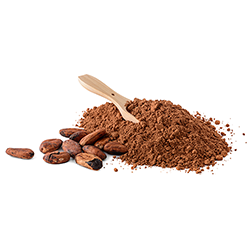
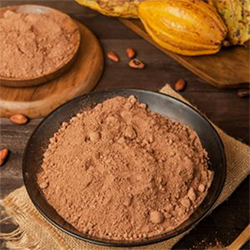
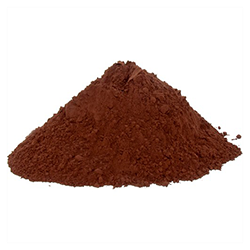
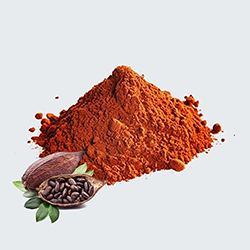
Cocoa powder is the powdered form of the dry solids with a small remaining amount of cocoa butter. Untreated cocoa powder is bitter and acidic. Dutch process cocoa has been treated with an alkaline to neutralize the acid.
Cocoa powder contains flavanols, amounts of which are reduced if the cocoa is subjected to acid-reducing alkalization.
Natural cocoa powder is extracted with the Broma process where after the cocoa fats have been removed from the chocolate nibs the remaining dry cocoa beans are ground into cocoa powder, which is sold to consumers. Natural cocoa powder has a light-brown color and an extractable pH of 5.3 to 5.8.
Cocoa powder is rich in flavonoids (especially flavan-3-ols), a subset of polyphenols. The amount of flavonoids depends on the amount of processing and manufacturing the cocoa powder undergoes. Alkalization, also known as Dutch processing, causes its content of flavonoids to be substantially reduced.
Cocoa nibs
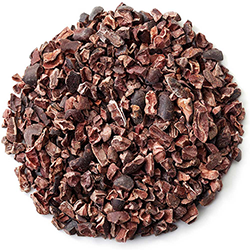
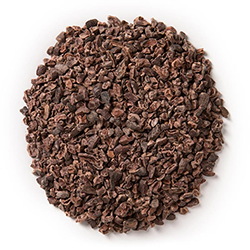
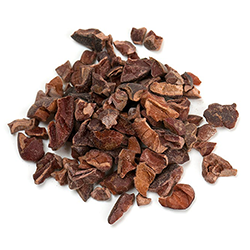
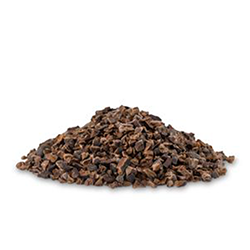
Cocoa NIBS are obtained from beans that have been previously fermented and dried. Afterwards they are husked and grinded. The beans are processed without being roasted to maintain all its organoleptic characteristics and health benefits. This product is obtained using cocoa beans (Theobroma cocoa L., Malvaceae family).
Cocoa cake
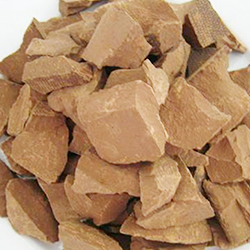
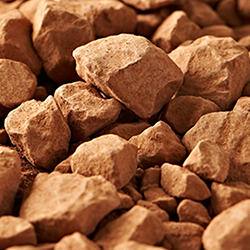
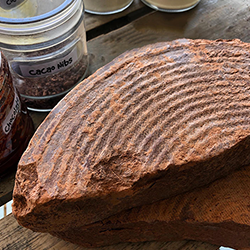
This is a sub product from the pressing of cocoa liquor. It is a compact mass of cocoa solids with a low percentage of butter and is crushed in small pieces. This product is powdered to obtain cocoa powder.
Contacts
INTERGLOBAL TRADING
Phone: +55 11 98470 7777
E-Mail: info@interglobal-trading.com